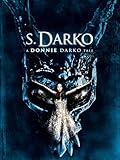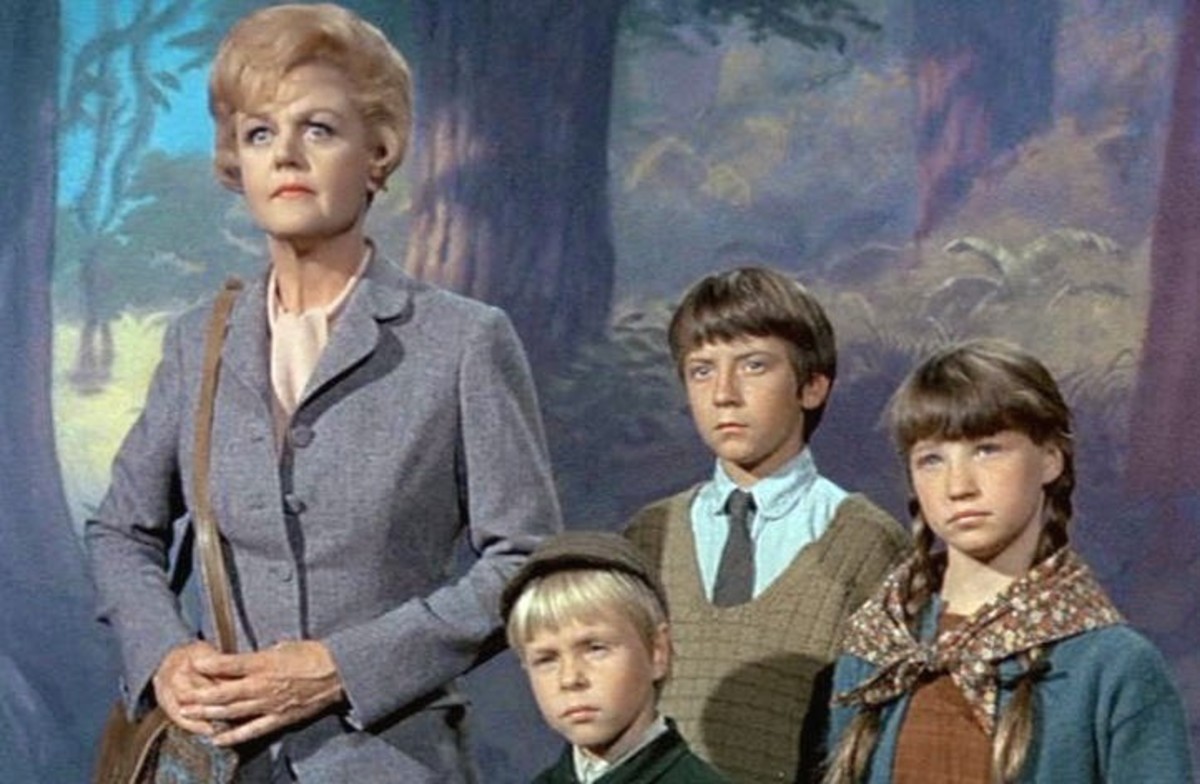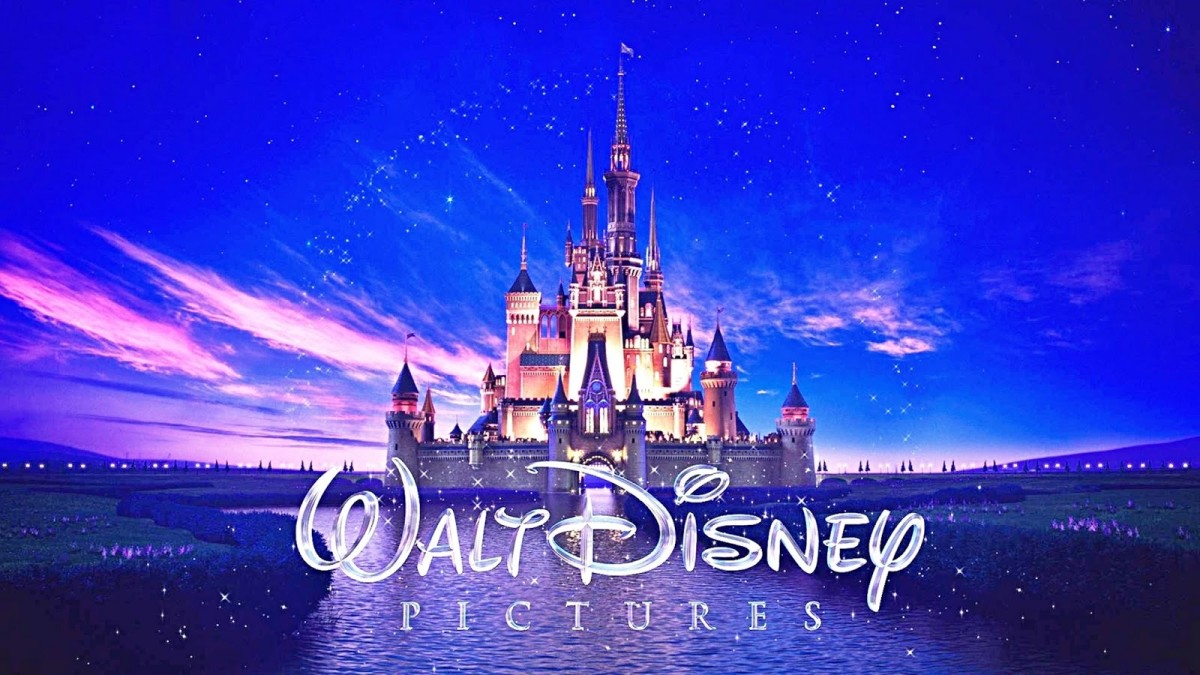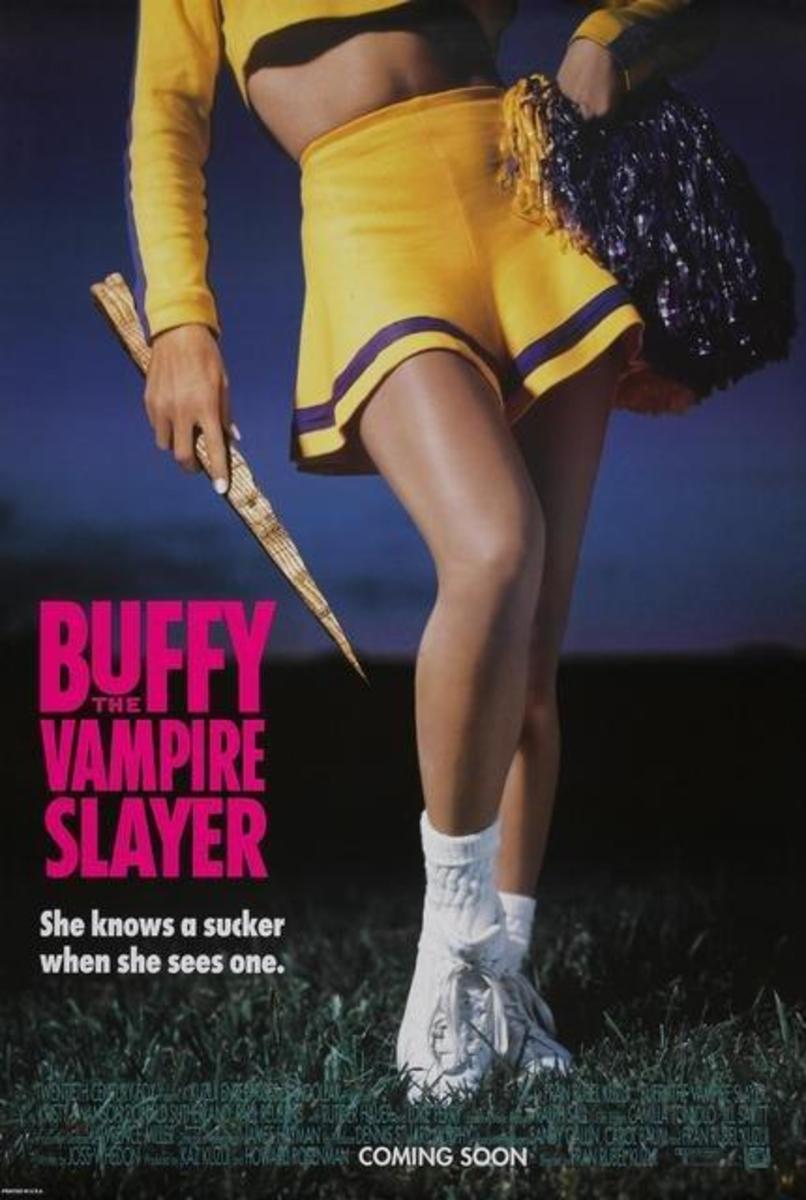Films That Redefine Your Expectations: Richard Kelly's "The Southland Tales"
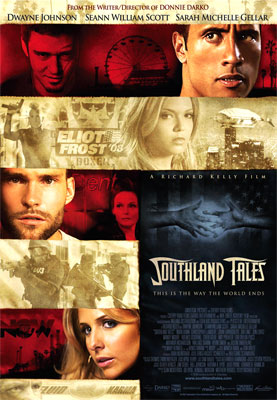

Richard Kelly: Looking Forward
For most people the name Richard Kelly has no relation to film. Well, why should it? He's only now releasing his third film in October 2009. Having graduated with a degree in film from USC in 1997, Kelly has vigorously pursued a screenwriting and directing career. His films are strange by most standards, and even incomprehensible to a few, but there is also a growing cult of followers who see in his work a bold and compelling style that does not shy away from taking chances, in every sense of the word.
Kelly's first feature film, "Donnie Darko," a quirkily dark story about the strange interdimensional occurrences in the life of a teenager who finds himself in the unique position of perhaps being able to save the world, earned him not only critical acclaim at film festivals but a reputation among independent film fans. It stars Jake Gyllenhaal and an unprecedented number of Hollywood a-listers for a young filmmaker's first independent film.
Kelly followed that up with his second film, "Southland Tales" in 2006. Starring Seann William Scott and Dwayne "The Rock" Johnson among, once again, an impressive number of who's who from all sorts of films. In this, his second, film Kelly enriches the unique style, vision, themes, and cinematography that he developed with his first film to results far beyond anything one could expect when the film begins. While it met with disappointing critical response at the time of its release, the film remains enigmatic and deeply memorable in ways that demand, at least to this movie fan, another look.
Revisiting The Southland
Since its release in 2007 when it was panned by nearly all critics, E! Online critic, Alex Markerson, had this to say, "The end of the world can't come fast enough in this disappointing attempt at satire from Donnie Darko writer-director Richard Kelly." His response is not far from the mark for the majority of critical reviews.
The majority of the criticsm seemed to stem around the fact that critics found the overly complex, although admittedly brilliant, conceptual elements bogged down by the measured, dreamlike pace punctuated as much by David Lynch-like moments of quiet awe or horror as it was over-the-top visuals and explosions. At a run time of nearly two and a half hours, Kelly had to know his film might lose the faint of heart, but as I am sure he would respond, "Who makes films for the faint of heart?"
To boil it down, most of the critics felt that Kelly didn't maintain the "entertain me" rule well enough to justify his disregard of conventional movie making. The "entertain me" rule, if you will, as I use it, is the rule that says an audience will suspend disbelief of anything if the pay off is a well enough told story that is worth hearing in the first place. This is to say, Kelly failed, in critics eyes, to tell his story well enough, or rather quickly enough. I believe this view can only be expressed by someone who failed to understand the immediacy and extremely youthful nature of Kelly's satirical vision and style.
To understand what I mean, take the musical example of Nirvana in the early '90s. There was a real break between lovers of hard rock who liked Nirvana and those who didn't, in terms of age. Keep in mind we're discussing a fan base that admittedly worships the axe, yet still, something had changed, a divide had fallen, and we all knew upon which side we stood. It is not ridiculous to suggest Kelly's work as a sign of the cinematic times in much the same fashion. I once met an eighteen year old who had a full size tattoo of "Donnie Darko" on his side. This was back in 2002. In fact, it was this fan who turned me onto the fact that Richard Kelly had an underground following with all the 16-21 year olds. I rewatched Donnie Darko, noticed tons I had missed the first time through, and was hooked.
Since meeting the young man with the tattoo, I have asked several movie fans about Kelly's films, and consistently the younger the person, the more often I hear he is "genius" and the older the more I hear "I just don't get it." Traditionally it is the kids who are left out of the know, but in the game of pop culture relevance, the rules are reversed. Where critics were left feeling bored, despite the numerous literary and cultural allusions, the younger crowd, who more easily identified with Kelly's vision, were enrapt even if they never recognized any of the allusions.
At its core, "Southland Tales" is a science-fantasy retelling of the Biblical Revelations, set in Los Angeles. Apocalypse and doom set aside, it is also about the impending fuel crisis, the cult of celebrity, politics and revolutionaries, and one very unique drug. One of the tools Kelly utilizes so well to make his vision unique is the camera. The movement is always slowly and purposefully methodic, with a tendency to start at one picture perfect frame only to end at another even more visually appealing shot. Many shots are one long take that must have taken intense coordination to pull off successfully with little or no opportunity for retake. The "eye" of the camera in these scenes is always very carefully focused on one or two main characters while being very careful to not miss any of a dozen or so important details going on peripherially in the shot.
Another reason "Southland Tales" lingers in the mind for so long is the brilliantly ironic casting job. There are countless comedians and "one-hit-wonder" actors who are only known for one role cast as characters so different from their original or usual style that, despite the obvious philosophic suggestion about the transience and impermanence of societal roles, they are able to make you laugh a little nervously to yourself as the story unfolds. Sarah Michelle Gellar and John Lovitz instantly come to mind as powerful, if not opposite, examples of the effectiveness of the ironic choices in casting.
Finally, the thing that lasts from the film is the memories of amazing scenes, a few hilarious one liners, and a feeling that what you just experienced was something truly unlike any movie you have ever seen before. The same can be said of "Donnie Darko," and despite critical dissent this, at least in the minds of those young enough to still only think about tomorrow, is far more important than what an old white guy who went to see black and white features as a child thinks about the film. Such critics rarely have as viscerally close a relationship with the current pop culture as Kelly or the type of movie goer who becomes a cult follower of his work. This is the point about Kelly's work -- it does not need rules, it follows his vision. Like all artists who follow their vision, there are those who will be left behind, but there are also those who will pay attention to, study, learn from, and improve upon Kelly's groundbreaking work. For there is no growth or evolution in film without there being some sort of exclusion of what has come before.
So is "Southland Tales" a tale for all times? Only the future knows. All that is certain now is that the first reaction was, at best, premature, and from the wrong crowd anyway. I would like the chance to ask the critics, a year and half later now, what they remember about the film. Perhaps I should perform a few interviews and report back. For now, as long as actors and actresses continue to flock to Kelly's films, and as long as fan sites continue to pop up all over, we will have much more to say on this topic before the conversation is through.
If you are interested in more of Kelly's Work, check out "The Box" starring Cameron Diaz which comes out late October in American theaters. It looks as disturbing and bizarre as his last two, with yet another unique and strangely compelling, while still horrifying, story to tell. I for one will be watching to see if Kelly becomes the great director his first two films hint that he could.

